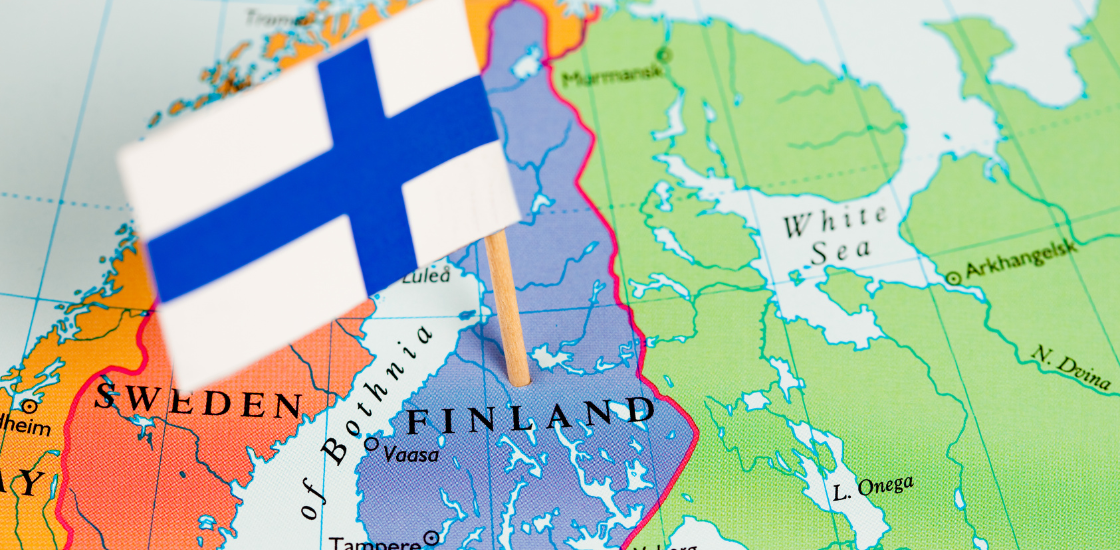Finland Prepares for 2027 Launch of New Gambling Licensing System
The European gaming industry greeted the Finnish monopoly Veikkaus with warm arms in February, as it supported an open licensing scheme meant to counteract illicit market activities. However, worries about a suggested cooling-off period surfaced, echoing the difficulties encountered by recent entrants into the Dutch market.

Proposed Legislation and Industry Response
The Finnish government recently proposed a law to establish an open gambling license system, with an initial release date of January 1, 2027. Veikkaus’s support for this system aligns with the reality of the nation, where the percentage of the online gaming industry has decreased to 40%. By opening up the monopoly-based industry, the Finnish government aims to address problem gambling and increase low channelization rates, a commitment made in June 2023.
A team led by the Ministry of Interior, guided by a political steering group of state secretaries, drafted the legislation. The bill suggests that Veikkaus’s exclusive and competitive activities be managed by two distinct companies under the group. According to the Ministry of Interior, this structure would facilitate any potential future sale of Finland’s stake.
Veikkaus aims to retain its monopoly over brick-and-mortar casinos, lotteries, physical slot machines, pool, and totalisator betting. On the other hand, private licensed operators would be allowed to offer iGaming and sports betting. Only software suppliers would be eligible for business-to-business licenses.
The draft law, spanning 417 pages, includes Know Your Customer (KYC) provisions detailing player registration and identity verification processes. It also outlines restrictions on advertising by licensed operators, prohibiting commercial collaborations with social media influencers. The minimum gambling age is set at 18, and a centralized self-exclusion system will be established.
Regulatory Challenges and Market Implications
Despite Veikkaus’s backing, the suggested cooling-off period has sparked debate within the industry. This measure, intended to provide a transition phase for new market entrants, mirrors the difficulties experienced by companies entering the Dutch market. The cooling-off period’s implications for competition and market dynamics remain a key concern for industry stakeholders.
Marketing must be “moderate” in visibility, scope, repetitiveness, and volume, with outdoor advertising for “high-risk” games banned. The proposed Finnish Supervisory Agency, under the Ministry of Finance’s administrative branch, would oversee regulation, replacing the National Police Board’s current authority. This new agency would tackle illegal activities, impose administrative sanctions, conduct test purchases, revoke licenses, and enforce penalties.
Implementation Timeline
The ministry aims to present the draft law to parliament in the spring session of 2025. If approved, the new system would roll out in stages. License applications would open at the start of 2026, allowing Veikkaus to retain its monopoly until the end of that year. Licensed operators could launch their offerings by early 2027, with business-to-business license applications beginning simultaneously. The supplier licensing framework would be implemented in 2028.